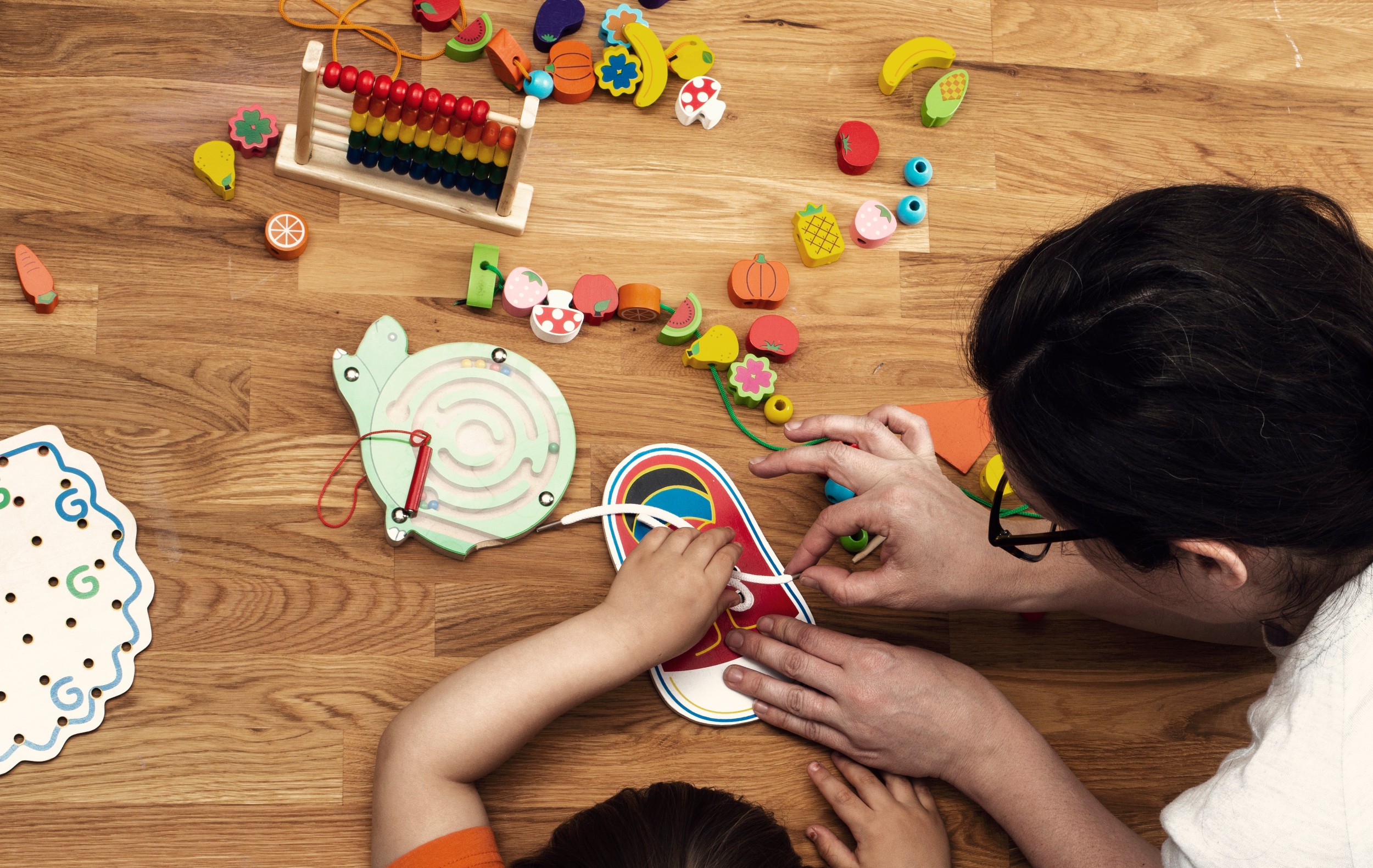About our service
We know that good communication helps us talk to friends, learn in school, and be part of our community. Some children may struggle with communication on its own, while others may have conditions like autism, learning disabilities, or cerebral palsy that make it harder to talk or understand others.
We make sure children & young people get the right help, at the right time, in the right place
Our team of friendly therapists and assistants work in clinics, schools, hospitals, and even homes across County Durham.
We help children and young people (from birth to 19 years old) who have difficulties with speech, language, or communication. Our team also supports those who have trouble chewing or swallowing food. We work with families and professionals to create a support plan that fits the child’s needs. This may include:
- Finding ways to make communication easier in daily life
- Deciding if the child is ready to improve their skills with extra support
- Listening to parents, teachers, and other professionals
- Using the latest research to help with specific communication needs
How to access our services
Parents and carers can refer their child into our service, or, if they are old enough, young people can refer themselves. Professionals (e.g. teachers or doctors) can also refer a child with permission from parents or carers. If you’re unsure about making a referral, please get in touch with us to discuss your concerns.
Making a referral
Please complete the referral form below and email it to: cddft.
Frequently asked questions
A child or young person might need help with:
- Making speech sounds clearly so others can understand them
- Using words and sentences to ask questions, share stories, or have a conversation
- Understanding what other people say
- Using body language, eye contact, and social skills in conversations
- Feeling confident to talk in different situations
- Stammering (when speech is bumpy, stretched, or repeated)
- Having a healthy voice that isn’t weak, strained, or hoarse
- Eating, drinking, and swallowing safely
Parents and carers play a big role in helping children communicate. You can:
- Follow advice from speech therapists after an assessment
- Use fun activities that match your child’s age and interests
- Talk and play with them when they are ready to communicate
- Give them time to think and respond
- Praise their efforts to communicate
Not every child will need ongoing speech therapy. We consider:
- How speech and language difficulties affect their daily life
- Whether therapy is the best way to help
- If their skills may improve naturally
- What research says about the best support
- If they are ready to take part in therapy
- If adults around them can support their progress
- We aim to give children the right level of support at the right time
A child will be discharged when specialist support is no longer needed. This happens when:
- They have reached their goals
- Their needs can be supported at home and school
- They need a break before more therapy
- If your child needs help again in the future, they can be re-referred
Other useful advice and support
If you are worried or feel you need more support, we would encourage you to talk to your child’s teacher, GP, or health visitor. If needed, you can refer them to our service again.
